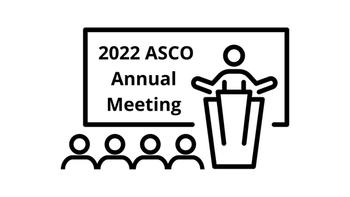
Chemotherapy may be avoidable for patients with stage II colon cancer, and circulating tumor DNA has demonstrated the ability to detect which patients, according to phase 2 study results.

Your AI-Trained Oncology Knowledge Connection!


Chemotherapy may be avoidable for patients with stage II colon cancer, and circulating tumor DNA has demonstrated the ability to detect which patients, according to phase 2 study results.
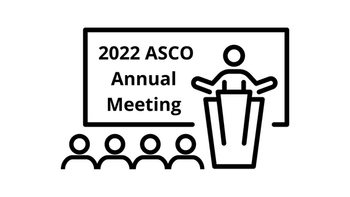
Results from the phase 3 EVEREST trial presented during the 2022 ASCO Annual Meeting reveal the relapse-free survival advantage of using adjuvant everolimus over placebo in patient with high-risk renal cell carcinoma.

Treatment with sugemalimab shown to be well-tolerated and have a consistent safety profile to other studies, according to results of the GEMSTONE-201 trial.
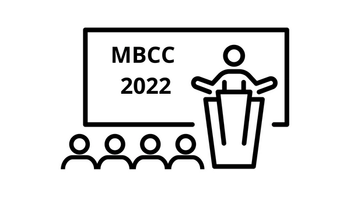
According to real-world research, eribulin may be an effective treatment for patients with metastatic breast cancer who were previously treated with atezolizumab or sacituzumab govitecan.
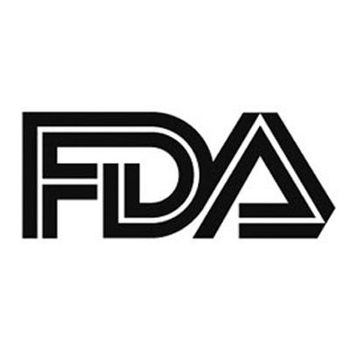
A fast track designation has been granted to CYNK-101 in combination with standard frontline chemotherapy, trastuzumab, and pembrolizumab for patients with advanced HER2-positive gastric or gastroesophageal junction adenocarcinoma.
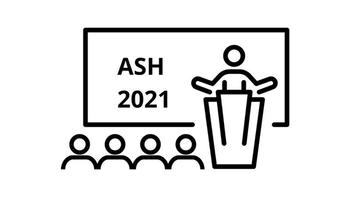
While Axicabtagene ciloleucel demonstrated favorable efficacy in elderly patients and those with other comorbidities with large B-cell lymphoma, adverse events were common in some of these populations.
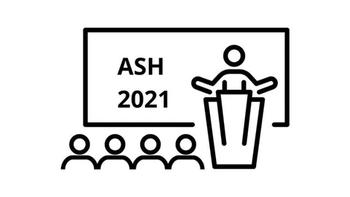
Results from the phase 2 IFM 2018-01 trial show positive safety and efficacy for the combination of daratumumab with ixazomib, lenalidomide, and dexamethasone.
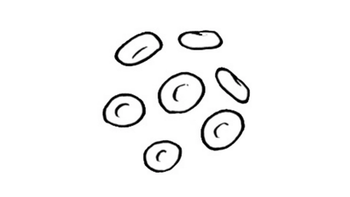
Retrospective data from tafasitamab plus lenalidomide for the treatment of relapsed or refractory diffuse large B-cell lymphoma correlate with real-world findings.

A combination of ixazomib, daratumumab, and low-dose dexamethasone elicited an objective response rate (ORR) of 71%, in NDMM.
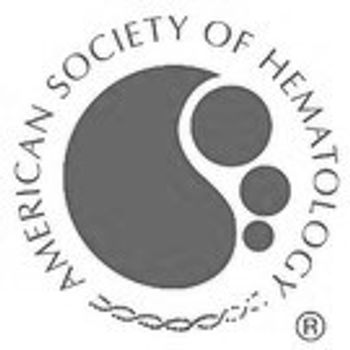
In the phase I CRB-402 study, patients with heavily pretreated relapsed/refractory multiple myeloma and minimal residual disease negativity had very good partial responses to the anti-BCMA CAR T cell therapy bb21217, according to updated results presented at the 2019 American Society of Hematology Annual Meeting.<br />

Patients with primary or secondary myelofibrosis who developed resistance to ruxolitinib in the frontline setting, showed clinically meaningful spleen responses and improvements in symptoms with the addition of navitoclax to ruxolitinib, according to findings from a phase II study presented at the 2019 ASH Annual Meeting.

An extended media overall survival of 9.9 months was achieved with CC-486 maintenance treatment compared with placebo for older patients with acute myeloid leukemia in first remission, according to findings from the phase III QUAZAR AML-001 trial presented at the 2019 American Society of Hematology Annual Meeting.<br /> <br />
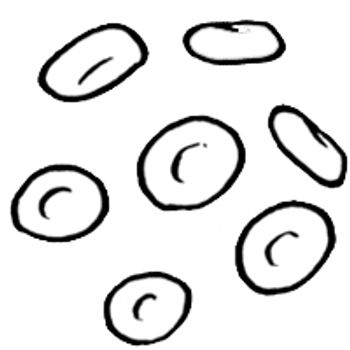
Patients with relapsed/refractory mantle cell lymphoma experienced a 67% complete remission rate and an objective response rate of 93% after treatment with the anti-CD19 CAR T-cell therapy KTE-X19, according to findings from the phase II ZUMA-2 study presented at the 2019 American Society of Hematology ASH Annual Meeting.

In the SEQUOIA trial, zanubrutinib, a Bruton’s tyrosine kinase inhibitor, showed continued high overall response rates for patients with chronic lymphocytic leukemia or small lymphocytic lymphoma, regardless of deletion 17p status, according to findings presented at the American Socitey of Hematology Annual Meeting and Exposition.

Treatment with LOXO-305 prompted responses from more than half of patients with heavily pretreated B-cell malignancies, including patients with resistance or intolerance to other BTK inhibitors or BCL2 inhibitors, according to findings from the phase I/II BRUIN trial presented at the 2019 American Society of Hematology Annual Meeting and Exposition.

In a phase I/II dose escalation study, there was a complete remission rate of 44% in patients with relapsed/refractory chronic lymphocytic leukemia receiving umbralisib, ublituximab, and venetoclax, according to findings presented at the 2019 ASH Annual Meeting.

Patients with refractory large B-cell lymphoma who were treated with Axi-cel had a 3-year overall survival rate of 47%, according to an updated analysis of the phase II ZUMA-1 trial.

Encouraging signs of dose-dependent efficacy, as well as a promising safety profile, were observed in patients with heavily pretreated relapsed/refractory multiple myeloma who were treated with CC-93269, a human IgG1-based T-cell engager that binds to BCMA and CD3 epsilon in a 2+1 format.

A multi-antigen off-the-shelf chimeric antigen receptor natural killer cell therapy has been included in the ASH annual meeting spotlight due to exciting preclinical evidence. An investigational new drug application was approved in September 2019 for the therapy, labeled as FT596, developed by Fate Therapeutics, and human trials are scheduled to start in the first quater of 2020.
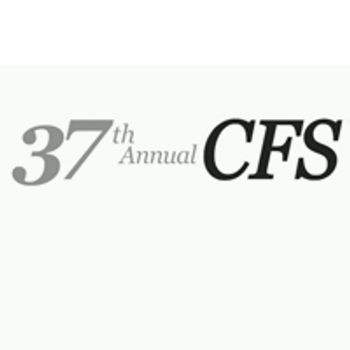
Immunotherapies and targeted therapies have greatly impacted the treatment of advanced melanoma and are beginning to make their way into earlier settings, with FDA approvals for adjuvant therapies and studies ongoing in the neoadjuvant space, according to a presentation by Jeffrey S. Weber, MD, PhD, at the <em>37th Annual</em> CFS.

A number of promising biologic therapies are beginning to transform the treatment of adult patients with acute lymphoblastic leukemia, with the greatest potential seen with blinatumomab and inotuzumab ozogamicin in combination with chemotherapy, according to a presentation by Hagop M. Kantarjian, MD, at the 37th Annual CFS.<br />
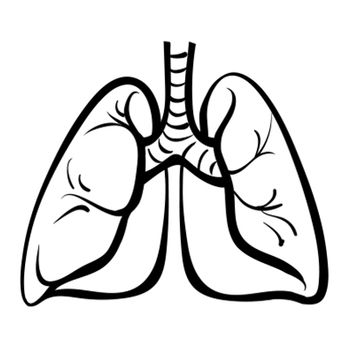
The wealth of new data available for the treatment of patients with non–small cell lung cancer has led to numerous effective immunotherapy combinations in similar patient subsets, explained Karen L. Reckamp, MD, MS. Clinical trials going forward seem to primarily focus on the combination of immunotherapeutic and targeted agents, which may result in even more options for this tumor type.

In the phase III INVICTUS trial, ripretinib, a novel KIT and PDGFRA inhibitor, demonstrated a dramatic improvement in progression-free survival compared with placebo in heavily pretreated patients with heavily advanced gastrointestinal stromal tumors, according to data presented at the 2019 ESMO Congress.
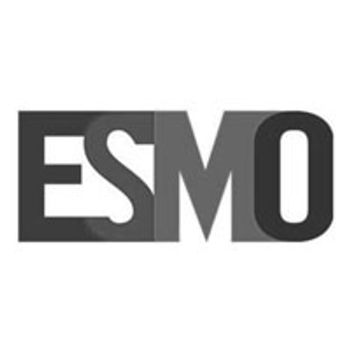
Patients with high-grade serous ovarian cancer experienced a 32% reduction in the risk of progression or death with frontline combination veliparib plus carboplatin and paclitaxel followed by veliparib maintenance, according to the data from the phase III VELIA trial presented at the 2019 ESMO Congress, and simultaneously published in the New England Journal of Medicine.

The risk of progression or death was reduced by 63% with ivosidenib as treatment of pretreated patients with IDH1-mutant advanced cholangiocarcinoma compared with placebo, according to data from the phase III ClarIDHy study that was presented at the 2019 ESMO Congress.

In the phase III PROfound trial, olaparib improved radiographic progression-free survival compared to either abiraterone acetate or enzalutamide in men with heavily pretreated metastatic castration-resistant prostate cancer, who had homologous recombination repair gene alterations, according to findings presented at the 2019 ESMO Congress.

Patients with early triple-negative breast cancer receiving neoadjuvant treatment with the combination of pembrolizumab and chemotherapy showed extended pathological complete response rates by 13.6 percentage points compared with chemotherapy alone in the phase III KEYNOTE-522 study.

The combination of olaparib and bevacizumab as frontline maintenance improved the median progression-free survival by 5.5 months over bevacizumab and placebo in patients with newly diagnosed, advanced ovarian cancer following prior treatment with a platinum-based chemotherapy plus bevacizumab, according to the phase III PAOLA-1 findings presented at the 2019 ESMO Congress.

Median overall survival was improved by 6.8 months with osimertinib as a first-line treatment for patients with metastatic, <em>EGFR</em>-mutant non–small cell lung cancer compared with erlotinib or gefitinib, despite crossover between arms, according to updated data from the phase III FLAURA study presented at the 2019 ESMO Congress.

Median progression-free survival was improved by 5.6 months with PARP inhibitor niraparib as first-line treatment for patients with newly diagnosed, advanced ovarian cancer who responded to platinum-based chemotherapy compared with placebo, according to data from the phase III PRIMA study presented at the ESMO Congress 2019 and simultaneously published in the <em>New England Journal of Medicine</em>.